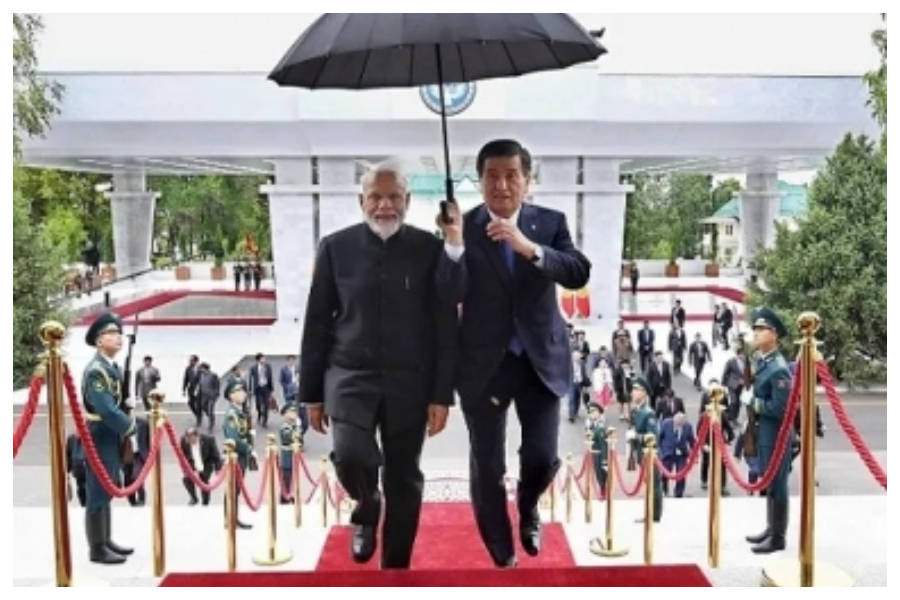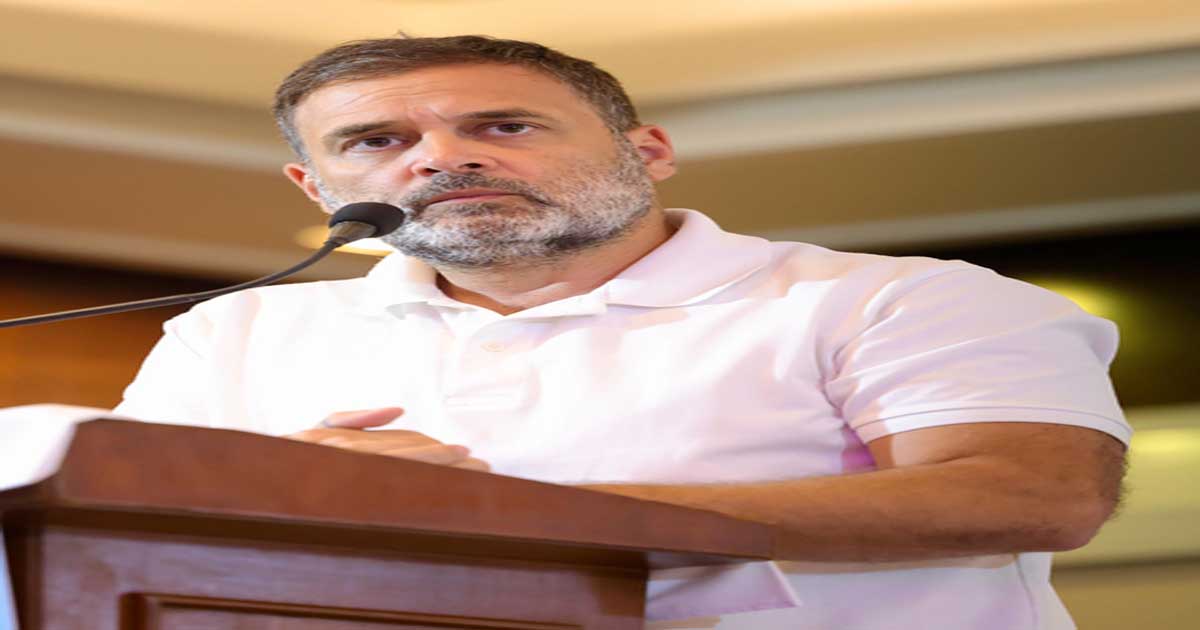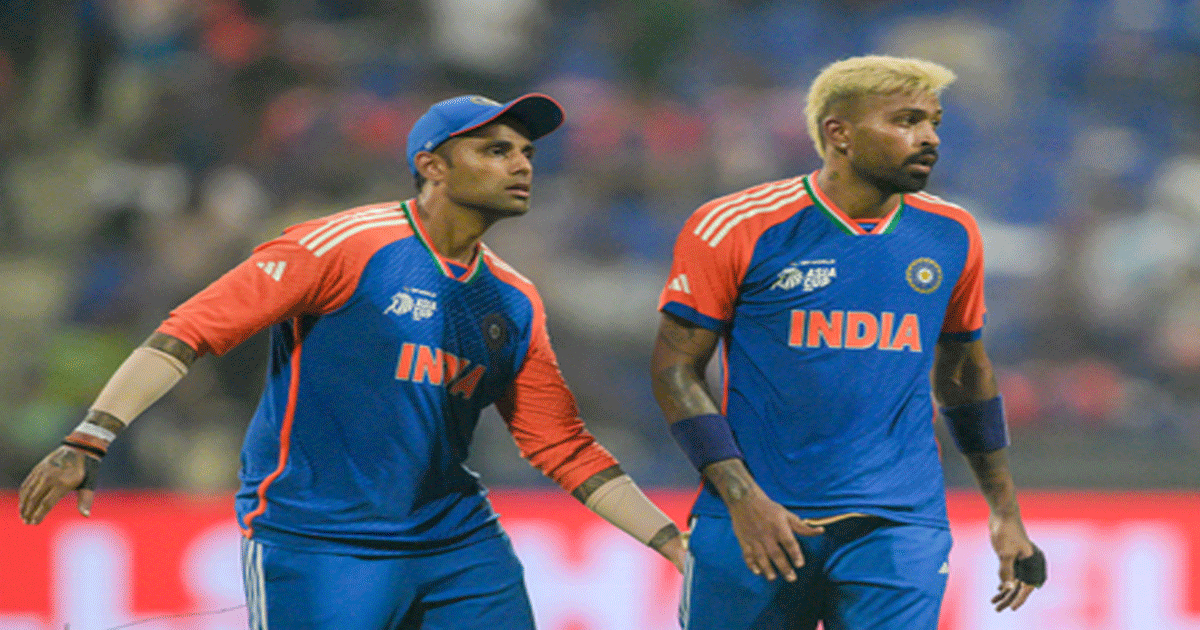International News
India’s growing friendship with Russia and Central Asia making China uneasy

India’s growing partnership with the Central Asian countries and the unbroken camaraderie with Russia – highly visible during Vladimir Putin’s visit to New Delhi in December – could irk China a lot, feel some of Moscow’s top strategic experts.
The last 12 months have seen New Delhi tightening its bond with the landlocked regions of Eurasia, especially after the turbulence in Afghanistan.
The territory is also the Kremlin’s traditional foreign policy priority and forming Greater Eurasian partnership is part of Putin’s initiative.
As reported by IndiaNarrative.com, a few days before his visit to the Indian capital, Putin had regarded India as one of the strong independent “centres of a multipolar world” with a foreign policy philosophy and priorities “that are close to us”.
The Central Asian countries followed the Russian leader by underlining the civilisational, cultural, trade and people-to-people linkages between India and their countries during the third meeting of the India-Central Asia Dialogue on December 19.
While the foreign ministers of Central Asian countries called India their strategic partner, Prime Minister Narendra Modi had emphasised that they remain India’s “extended neighbours” and all possible efforts should be made to strengthen comprehensive cooperation between the countries of Central Asia and South Asia, in which India is ready to provide the maximum assistance.
The events, not surprisingly, are enough to make Beijing uncomfortable, reckon experts.
In an interview with Russian daily Nezavisimaya Gazeta, Russian defence analyst Ruslan Pukhov, who is also the Director of the Moscow-based Centre for Analysis of Strategies and Technologies, said that the intensification of India’s diplomatic efforts and its interaction with Russia in Central Asia would certainly not please Beijing.
“After all, poor countries are forced to agree to loans from China on any terms, even at the risk of being in debt. And now the PRC appears to have a competitor,” said Pukhov.
The defence expert reckoned that while the “ambitions of India” may cause “some inconvenience” to Russia as well, Delhi does not want to weaken Moscow’s position at all.
“But the Central Asian regimes, depending on Moscow economically and militarily, now have room for manoeuvre. They can bargain with us,” he added.
However, sources tell IndiaNarrative.com that India’s engagement with the region will happen keeping the Russian interests in mind.
With New Delhi and Moscow having pledged extensive military-technical cooperation until 2030, both will be working together on having a joint manufacturing of military equipment in Central Asia, which would benefit all partners.
Also, unlike China’s Belt and Road Initiative (BRI), New Delhi’s efforts on having an inter-connected Eurasia through the development of Chabahar port in Iran and also enhancing connectivity with the landlocked region via the International North-South Transport Corridor (INSTC), highlight India’s internationalism – that of always seeing the world as a family.
While Beijing makes inroads into several Central Asian nations through BRI, members of the Commonwealth of Independent States (CIS) have become increasingly uncomfortable with the growing Chinese presence through various infrastructure projects.
India, on the other hand, has always stressed that connectivity projects to build modern arteries of commerce must adhere to the most basic principle of international relations – respect for sovereignty and territorial integrity.
“Respect for the sovereignty and territorial integrity of nations rank foremost among them. It is also important that connectivity building is a participative and consensual exercise, based on financial viability and local ownership. They must not serve other agendas,” External Affairs Minister S Jaishankar had said last October while addressing the 6th Ministerial meeting of the Conference of Interaction and Confidence Building Measures in Asia (CICA) at Kazakhstan capital Nur-Sultan.
In a fast-changing geopolitical scene, countries like Tajikistan, Kyrgyzstan, Uzbekistan, Turkmenistan and Kazakhstan have appreciated India’s role in sustainable and stable development of the region.
The visit of Heads of State from these countries as special guests on the Republic Day later this month could also mark a new high at the start of 2022 – the 30th anniversary of the establishment of diplomatic relations between India and Central Asian States.
International News
Rahul Gandhi begins 4-nation South American visit

New Delhi, Sep 27: Leader of Opposition (LoP) in the Lok Sabha, Rahul Gandhi, has embarked on a South American tour, during which he is scheduled to interact with political leaders, university students, and members of the business community across four nations.
The Congress media and publicity department, incharge, Pawan Khera, announced the development on Saturday but refrained from disclosing the names of the countries LoP Gandhi will be visiting.
In a post on X, Khera wrote, “Leader of the Opposition in Lok Sabha, Shri Rahul Gandhi, has embarked on a visit to South America. He is scheduled to engage with political leaders, university students, and members of the business community across four countries.”
According to the party, this marks LoP Gandhi’s first overseas visit in September and will deepen democratic, trade, and strategic ties, building on historical India–South America cooperation and Global South solidarity.
During his visit to Brazil and Colombia, LoP Gandhi is expected to interact with university students, hold meetings with presidents and senior leaders across multiple countries, strengthening democratic and strategic ties, the party said.
He is also expected to engage with business leaders to explore opportunities as India seeks to diversify trade and partnerships in the wake of US tariffs, it also said.
Earlier this month, he travelled to Malaysia, although the Congress had not issued an official statement regarding that trip. The visit sparked several questions and also drew criticism from the Bharatiya Janata Party (BJP).
The BJP took a dig at his foreign trips and BJP IT cell chief Amit Malviya shared a photograph of Gandhi, claiming that he was vacationing in Malaysia.
Taking to X, Malviya posted, “Rahul Gandhi has slipped away yet again — this time on a clandestine vacation in Langkawi, Malaysia. Looks like the heat and dust of Bihar’s politics was too much for the Congress ‘Yuvraj’, who had to rush off for a break. Or is it another one of those secret meetings that no one is supposed to know about?”
International News
Pakistan a US ally, at White House convenience

New Delhi, Sep 26: Pakistan has historically been considered an ally of the United States – during and after the Cold War – with Islamabad ready to execute at White House bidding, either for a prize or a dressing down.
Geographically, Pakistan occupies a strategic position and diplomatically shares ties with China on the one hand, and the Arab countries on the other. With most governments in Islamabad being financially and morally bankrupt and powerless against their military, the rulers have been ductile and malleable to be coerced into most deals.
Knowing that proximity to China, India, and Afghanistan makes it a key player in South Asian geopolitics, the US is also aware that with growing ties with Saudi Arabia, including the recent mutual defence pact, it can be a reason for its neighbours and partners being wary.
Washington continues to view Pakistan as a strategic partner in regional security, particularly in counterterrorism efforts. Its role in conducting covert operations from Pakistani soil against the then Soviet occupiers in Afghanistan is no secret anymore. All these, and more, which US President Donald Trump considers to be of use to his idea of ‘Make America Great Again’, draw interest to the country. Thus, a new trade agreement was signed, including a 19 per cent tariff on Pakistani imports and US involvement in developing Pakistan’s oil reserves.
Islamabad is looking at further US investments, especially in its mineral sector, which could provide a much-needed economic boost, provide jobs and infrastructure development for the beleaguered nation. Pakistan is thus trying to ignite US interest in the challenging geopolitical areas where even its military has been unable to put down the rebellion.
The US State Department has designated “The Balochistan Liberation Army (BLA) and its alias, The Majeed Brigade, as a Foreign Terrorist Organisation (FTO), and added the Majeed Brigade as an alias to BLA’s previous Specially Designated Global Terrorist (SDGT) designation” in a statement on August 11.
The restive westernmost province of Balochistan holds a wide reserve of gold, silver, copper, iron, chromite, and lithium across 1,600 mines. The northern regions of Gilgit-Baltistan and Khyber Pakhtunkhwa are said to be sitting on lithium reserves, while the Thar coalfield in Sindh, with 175 billion tons of lignite, further underscores the overall mineral reserve potential.
The US is interested in Pakistan’s rare earth minerals, crypto mining potential, and broader investment opportunities. But revolt by tribes in these areas and without a clear governance policy, the reserves remain mostly untapped. Islamabad anticipates taming the fierce uprising with US help. Thus, apart from interests in geopolitical developments, Pakistan General Asim Munir’s frequent invitations to the White House remain a matter of speculation.
Munir, who had previously been hosted for lunch by Trump a few weeks earlier, accompanied Shehbaz Sharif on the Pakistan Prime Minister’s first official visit to the White House on Friday. While the General’s presence reflected Rawalpindi’s influence over the political masters in Islamabad, there is an assumption that a solution for mining in troubled areas may have also been put on the table.
Meanwhile, reports from Washington hinted at President Trump making his guests wait about 30 minutes before hosting them for talks. That made sure that even a high-level delegation from Pakistan realised that they can not assume themselves too important.
International News
He is a very unorthodox thinker: Gavaskar praises Suryakumar Yadav’s captaincy decisions

Dubai, Sep 20: India’s cricketing legend Sunil Gavaskar praised T20I skipper Suryakumar Yadav for the decisions he took during the recently concluded Asia Cup 2025 clash against Oman. Suryakumar led India to their third consecutive win in the tournament as the Men in Blue move to the Super Fours stage unbeaten.
In the team’s third and final group stage game against Oman on Friday, Suryakumar decided not to walk out to bat during India’s innings as they opted to bat first. All other 10 players of the playing XI got game time with the bat as the skipper demoted him to No. 11.
Many experts and pundits criticised the move, but Gavaskar believed it to be a sensible decision. Speaking on Sony Sports Network, the former India captain said:
“If he had batted for even one over, he could have hit a few fours and sixes, and that would have been good for him. But the way he batted against Pakistan, maybe he does not need batting practice. He may have thought that Kuldeep Yadav’s batting could come in handy if India lose quick wickets in one of the matches. Perhaps that’s why he may have sent Kuldeep in to bat.”
Calling the 35-year-old Mumbai batter an ‘innovative thinker,’ Gavaskar added: “He is a very unorthodox thinker. We saw in Sri Lanka that he himself bowled and also gave Rinku Singh the ball. He turned the game, which seemed to have slipped away, on its head and won India the match. He is an innovative thinker. Maybe that’s why he did not bat and sent in Kuldeep and Arshdeep Singh.”
Notably, India defeated Oman by 21 runs to make it three wins in a row.
The group stage of the Asia Cup concluded with the Men in Blue’s match against Oman on Friday, with Sri Lanka, Bangladesh, India and Pakistan moving to the Super Fours.
Six games will be played in the second stage of the tournament. Every team will play the other three opponents once, and the sides finishing in the top two of the points table will progress to the summit clash.
India will commence their Super Fours campaign with a match against arch-rivals Pakistan on Saturday, 21 September, followed by games against Bangladesh and Sri Lanka on 24 and 26 September, respectively.
-

 Crime3 years ago
Crime3 years agoClass 10 student jumps to death in Jaipur
-

 Maharashtra1 year ago
Maharashtra1 year agoMumbai Local Train Update: Central Railway’s New Timetable Comes Into Effect; Check Full List Of Revised Timings & Stations
-

 Maharashtra12 months ago
Maharashtra12 months agoMumbai To Go Toll-Free Tonight! Maharashtra Govt Announces Complete Toll Waiver For Light Motor Vehicles At All 5 Entry Points Of City
-

 Maharashtra1 year ago
Maharashtra1 year agoFalse photo of Imtiaz Jaleel’s rally, exposing the fooling conspiracy
-

 National News12 months ago
National News12 months agoMinistry of Railways rolls out Special Drive 4.0 with focus on digitisation, cleanliness, inclusiveness and grievance redressal
-

 Maharashtra11 months ago
Maharashtra11 months agoMaharashtra Elections 2024: Mumbai Metro & BEST Services Extended Till Midnight On Voting Day
-

 National News1 year ago
National News1 year agoJ&K: 4 Jawans Killed, 28 Injured After Bus Carrying BSF Personnel For Poll Duty Falls Into Gorge In Budgam; Terrifying Visuals Surface
-

 Crime12 months ago
Crime12 months agoBaba Siddique Murder: Mumbai Police Unable To Get Lawrence Bishnoi Custody Due To Home Ministry Order, Says Report












